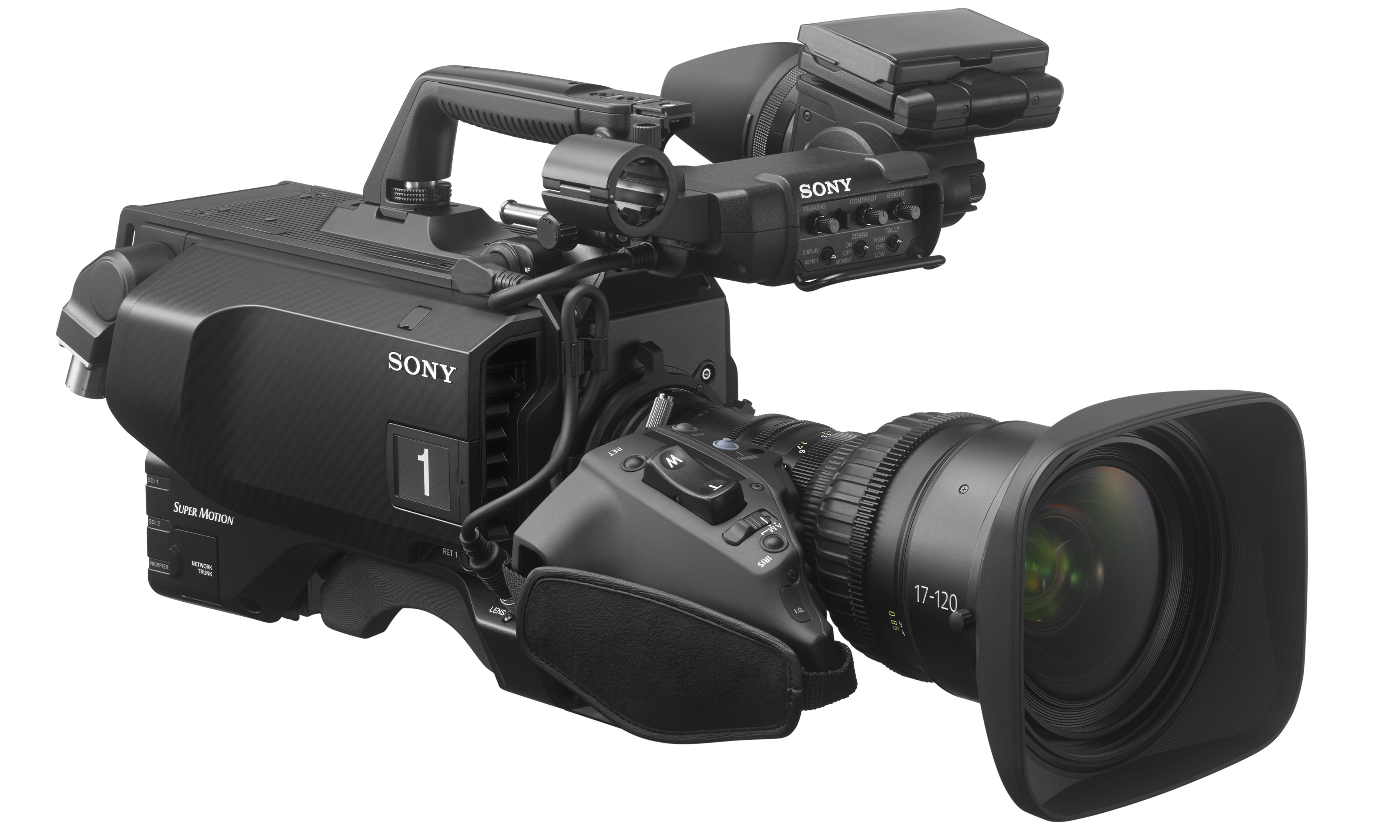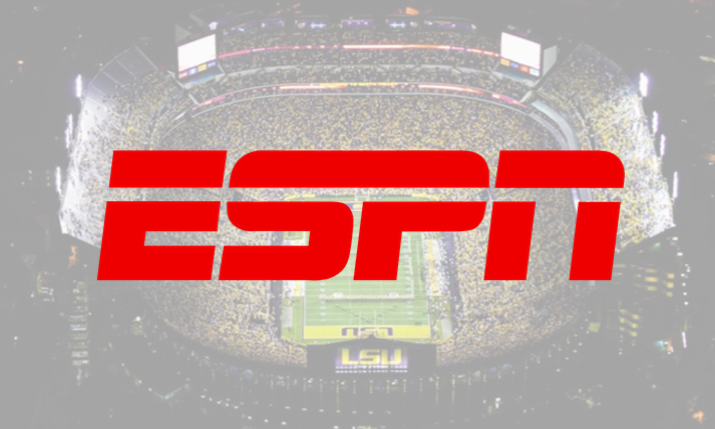ESPN Enters Native 4K Era: Inside the Network’s End-to-End 4K-Production Workflow for College Football
Tomorrow's Florida-LSU matchup will kick off ESPN’s native-4K efforts
Story Highlights
ESPN made waves across the sports-production community yesterday, announcing that it will deliver six regular-season college football games live in native-4K resolution as part of the new “Samsung QLED 4K Game of the Week”, with DirecTV aboard as the first distributor. Beginning with tomorrow night’s Florida-LSU matchup, ESPN will produce six regular season games — as well as a 4K feed during the CFB National Championship Game Megacast presentation on Jan. 13 — using an end-to-end 4K-production workflow. In addition, these telecasts will feature enhanced Dolby Atmos audio.
UPDATE (4:58 p.m. ET): ESPN has added Comcast as a second distributor of the “Samsung QLED 4K Game of the Week”
“ESPN has a great history of innovation and we are excited to add 4K to our execution options moving forward,” says Chris Calcinari, SVP, ESPN and ABC Sports Remote Production Operations, ESPN. “Taking a production the size of the ESPN primetime show and fitting it into a UHD 4K baseband infrastructure is no small feat… so doing a show of this type requires a tremendous amount of work and a great team.”
The “Samsung QLED 4K Game of the Week”, on which Samsung serves as production collaborator and presenting sponsor, marks ESPN’s first foray into fully produced live, native-4K sports programming. Here’s an inside look at how the network’s operations team plans to pull it off.
A Deep Dive Into ESPN’s Native 4K Workflow
ESPN will utilize Game Creek Video’s Spirit mobile unit for the 4K Game of the Week productions. Beginning back in April at the NAB Show, the ESPN operations team and the Game Creek engineering team have been working together closely to make the necessary upgrades on Spirit for the 4K shows, including fully populating the router and switcher and supplementing the truck’s I/O capacity.

Game Creek Video’s Spirit mobile unit (seen here at Madison Square Garden) will serve as home to ESPN’s Samsung QLED 4K Game of the Week productions.
All EVS replay systems have been upgraded to XT4K units, but due to I/O limitations, replays will be created in 1080p and upconverted to 4K.
A total of 30 Cobalt Digital UDX up/down/cross converters are being used as required and Game Creek has added new 4K test gear, as well as activated 4K licenses on several pieces of existing test gear.
ESPN will deploy 14 4K cameras for these productions, including seven Sony HDC-4300’s in a hard configuration (with five Canon 95x and two 100x lenses) and five HDC-4300 handhelds (with two Canon 24x and three 14x lenses). ESPN also upgraded one of its camera positions to a Sony HDC-4800 (capable of up to 8x-high-frame-rate in 4K) with a Canon 100x lens and upgraded the Skycam aerial system to a Sony HDC-P50 4K camera with an Canon 8.5x lens.

ESPN’s college football 4K productions will feature a Sony HDC-4800, capable to shooting at 8x-high-frame-rate in 4K.
As for transmission, ESPN has been testing 4K signal delivery for several weeks with its distribution partner DirecTV. ESPN will utilize MediaKind HEVC encoding to deliver a full raster (3840×2160) native UHD 4K signal to DirecTV over satellite. The signal will be sent to DirecTV directly from the game site at a bit rate of 80 Mbps. DirecTV subscribers with the proper 4K-compatible equipment and an eligible package will be able to view the content.
Audio is also getting a boost thanks to ESPN’s decision to produce the games in Dolby Atmos in order to create a more immersive experience for viewers.
“The goal is to provide our fans with an improved listening experience that is similar to actually sitting in the stands,” says Calcinari.
Years in the Making: From 4K as an Enhancement Tool to Native-4K Productions
Although ESPN has produced six native-4K test games leading into this weekend, Saturday’s game will truly be the culmination of years of learning and testing by ESPN.
“We started by introducing 4K camera technology as an enhancement tool, using single 4K cameras that would allow us to zoom in on a play at the highest available resolution to see if a player’s foot was out of bounds, if a holding penalty occurred, etc.,” says Calcinari. “That evolved into placing multiple 4K cameras around a field [that] were then stitched together to provide a single canvas, allowing us to pan around the play, as well as zoom in. We have now come full circle, with 14 4K coverage cameras being used for this weekend’s game.”
According to Calcinari, the games will be produced 4K SDR and there are no plans to deliver the games in HDR at this time. However, he does add, “As the HDR standard becomes unified across all platforms and devices, we will be prepared to add this feature down the road.”
While Saturday’s native-4K production will mark a major step forward technologically for ESPN, it is likely only the beginning with more live 4K sports content expected in the future.
“As 4K technical resources and workflows become more readily available, we will continue to grow this standard across our operations,” Jodi Markley, EVP, ESPN Content Operations and Creative Services, said in yesterday’s announcement. “4K images are stunning and we look forward to sharing them with fans.”
ESPN’s native-4K telecasts kick off at 8:00 p.m. ET on Saturday with No. 7 Florida visiting No. 5 LSU at 8:00 p.m. ET on ESPN and DirecTV channel 107.9at. Upcoming “Samsung QLED 4K Game of the Week” game schedules will be determined and announced on a week-by-week basis and will be available here.
Brandon Costa contributed to this story

